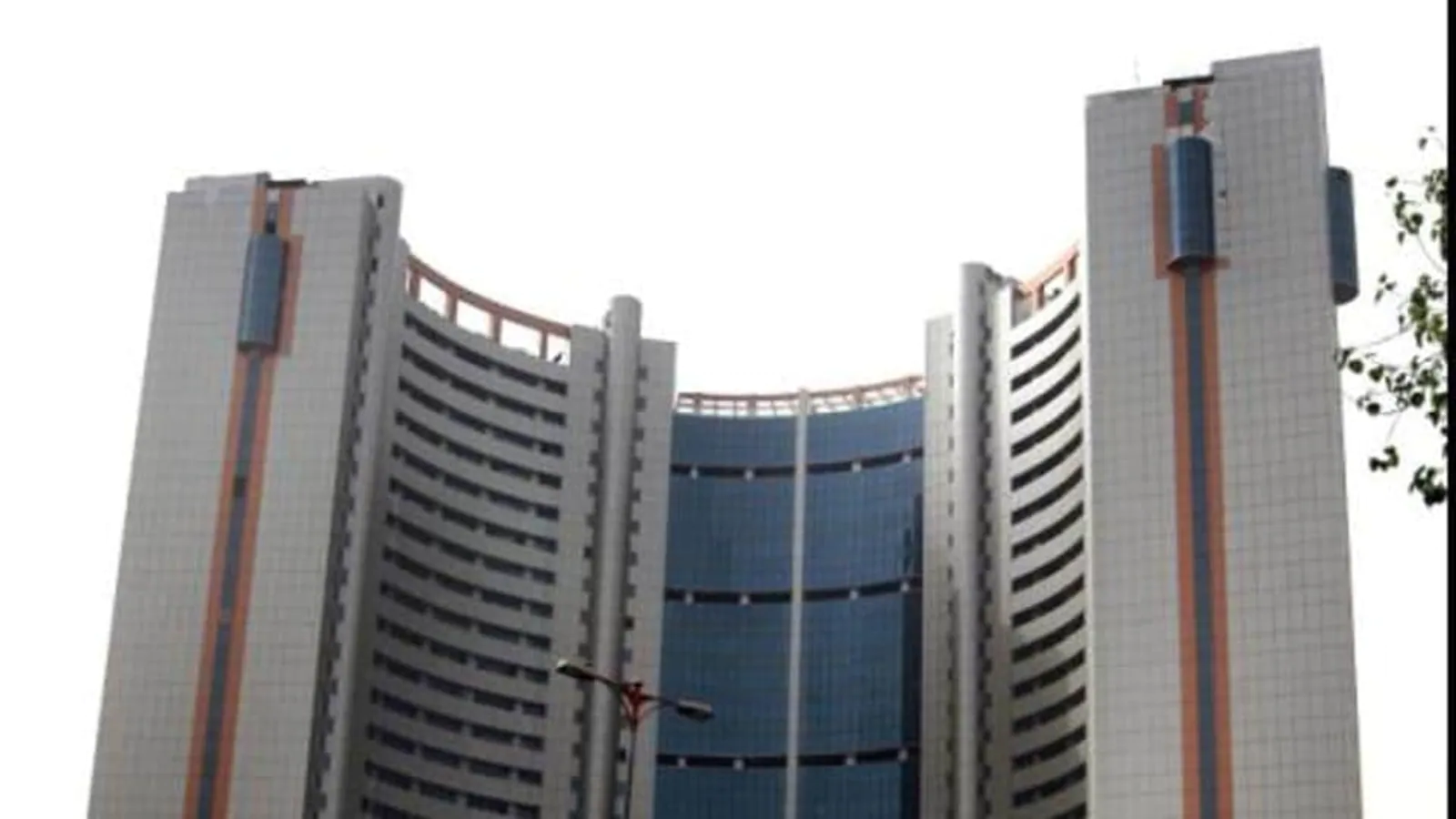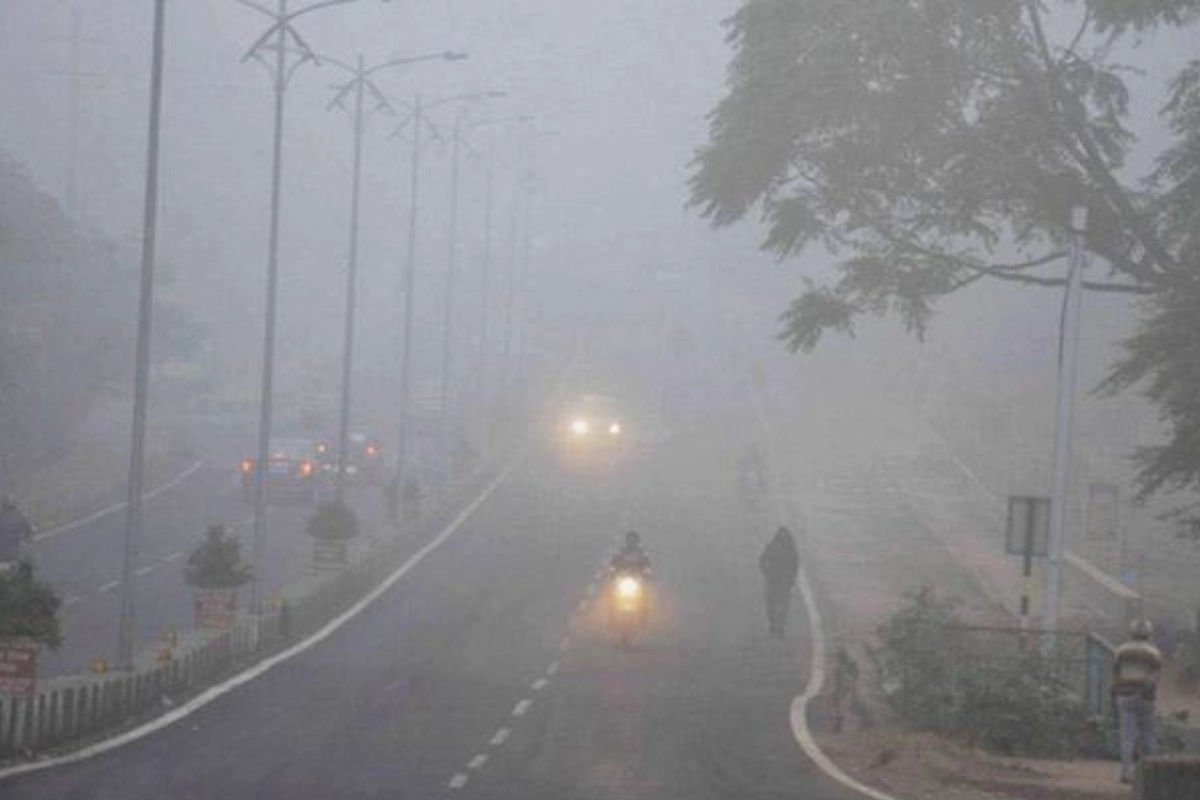The Uttar Pradesh Real Estate Regulatory Authority (UP RERA) has provided significant relief to flat buyers by announcing a crucial decision. According to the new ruling, builders must enter into an agreement with buyers before accepting any money. Sanjay Bhushan Reddy, the Chairman of UP RERA, emphasized that this decision aims to ensure transparency in transactions between promoters and buyers. The agreement for sale (AFS) is now mandatory for any demand exceeding 10% of the unit cost or any payment made through allocation by promoters.
Objective of RERA: Transparency in Transactions
Sanjay Bhushan Reddy, the Chairman of UP RERA, highlighted that the purpose of introducing the Agreement for Sale (AFS) is to ensure accountability on the part of promoters. The decision is in accordance with Section 13 of the RERA Act to effectively enforce its provisions. Reddy drew attention to key provisions under Section 13, focusing on the following:
- A promoter cannot demand payment exceeding 10% of the cost of the apartment, plot, or building without executing the Agreement for Sale (AFS).
- The AFS must be based on the model agreement provided by the state government in the 2018 rules.
- The AFS should include details of project development works, including construction, internal and external development works.
- The payment schedule and the date of possession, i.e., when possession of the unit will be transferred to the allottee, must be specified in the agreement.
- In case of default by the promoter or the allottee, the rate of interest payable must also be included in the agreement. The state government has fixed the interest rate at SBI MCLR+1%.
Advice to Buyers: Stay Informed and Vigilant
Bhushan Reddy advised buyers to stay vigilant, as there have been cases where promoters have taken a significant portion of the unit cost directly from allottees without executing the Agreement for Sale. Despite this regulation, if any individual or allottee encounters issues in this regard, they can file a complaint under Section 31 of the RERA Act.
Keep watching our YouTube Channel ‘DNP INDIA’. Also, please subscribe and follow us on FACEBOOK, INSTAGRAM, and TWITTER












